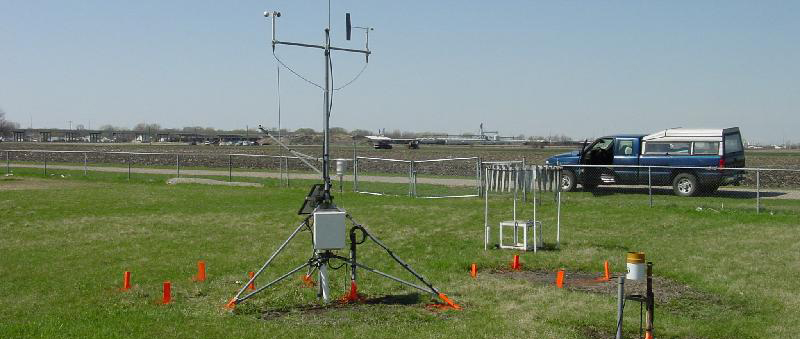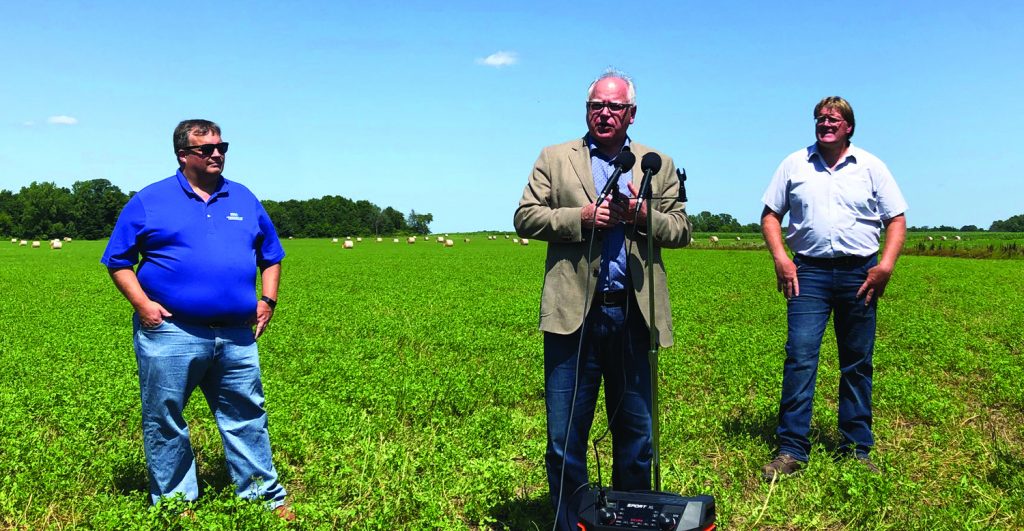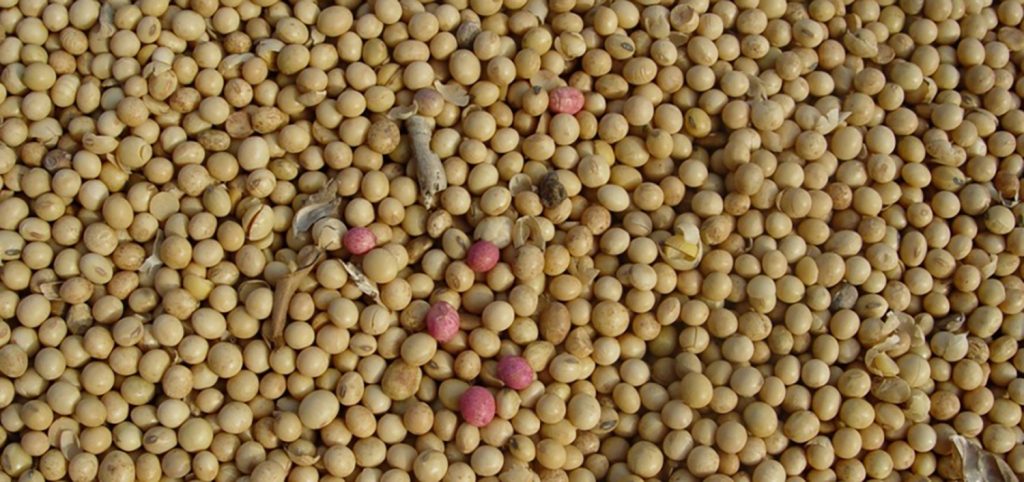Sen. Amy Klobuchar’s staff met with farmers across Minnesota
For many, the struggle to pass the 2014 Farm Bill is still fresh in farmers’ minds. However, from that turbulent process has sprung an urgency from lawmakers to better understand the inner workings of the bill in hopes of coming out with a timely, comprehensive farm bill that will work better for agriculture as a whole.
As such, Sen. Amy Klobuchar, DFL-Minn., hosted a series of meetings in Minnesota this week to open up the discussion on the good, the bad and the ugly of the 2014 Farm Bill. While Klobuchar did not attend these meetings, her staff made the rounds with farmers around Minnesota.
“I think they realize they need to get it done sooner than later,” said Bob Worth, a Minnesota Soybean Growers Association Director from Lincoln County. “I think you’ll see Rep. Collin Peterson and Rep. Tim Walz do this as well.”
Worth, who attended one of three meetings Monday, his in Marshall, says it is important farmers understand they hold the key pieces to a successful farm bill. He said the meeting in Marshall reemphasized that point for him with little more than 40 people in attendance.
“The farm bill is our livelihood in terms of the federal government,” he said. “We need to have more people giving their input. Today there were maybe 45 people there, but that room should have been standing room only. If people don’t speak up, they won’t be represented in the next farm bill.”
Along with Marshall, Klobuchar’s staff visited Owatonna and New Ulm. Turnout in Owatonna was greatest, with staffer Chuck Ackman stating the Owatonna crowd was nearly double the New Ulm site, which also had roughly 40 people in attendance.
Among the topics discussed were the milk prices protection provision, calculations of formulas ranging from feed costs for dairy farmers to rent payments for the conservation reserve program (CRP), and concerns with the difficulty of the ARC-PLC payments, especially across county lines.
Dennis Schmidt, farm manager for Upper Midwest Management in New Ulm, brought forward his concerns with rent payments for CRP.
“The government, with the high rental rates for CRP, is actually outbidding our local farmers,” he said. “I know a cap has been put on for $300 on CRP. If you look at the economic, cash rental rate that farmers can afford to pay, $300 caps are still too high. It’s just above and beyond the point of what the government should be paying to put land in CRP.”
Schmidt also voiced concerns for the types of land going into CRP, which he said was intended to take marginal, erosion-prone ground out of production and roll it into conservation.
“Under the continuous program, farmers saw these high rental rates that the government was going to pay and they put entire black farms with productivity indexes above 90 … into the program and they took those good farms out of production.”
In Marshall, farmers spent a good portion of the open-dialogue part of the meeting discussing internet access, which Worth said is spotty at best in the southwestern corner of the state. He said that many farmers still struggle with internet access, which is a key component of the tools and technology available to farmers. That concern was briefly shared in New Ulm.
One interesting conversation was sparked in New Ulm when Harlan Anderson of Cokato, Minn., suggested that with the new administration, it was possible that a new farm bill wouldn’t be negotiated, something he supported.
Worth speculated that with Sonny Purdue tabbed as the next U.S. Secretary of Agriculture, a farm bill would be a high priority for President Trump’s administration. He said the farm bill serves as a safety net for today’s farmers.
“We’re starting to raise crops that are a loss,” he said. “Even with federal crop insurance, it doesn’t even allow you to break even anymore. You’re fighting for a loss and hoping you aren’t collecting.”
Klobuchar’s staff made three more stops Tuesday: Willmar, Morris and Moorhead.
Ackman urged more farmers to participate and make their voice hear.
“There are so many things in the farm bill,” he said. “Farming is so radically different. Things they farm, how they farm. It’s a really big deal.”





